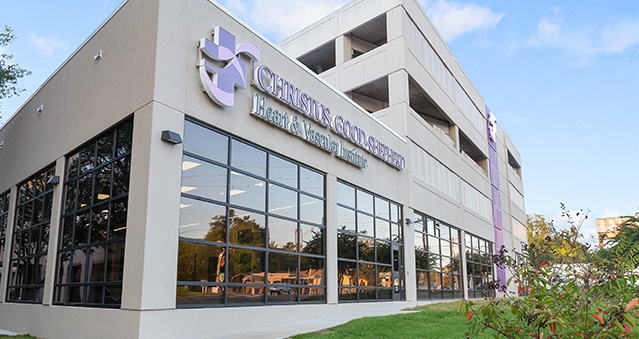Preventive Cardiology: When Do You Need to See a Cardiologist?
Are you looking for an effective way to lower your risk of heart disease?
While unhealthy lifestyle choices increase your chances of developing heart disease, prevention techniques will evaluate and monitor your risk. Based on your risks, you can receive suggestions for appropriate treatments or interventions.
What is Heart Disease Prevention, and Why Is It Important?
Preventive cardiology focuses on preventing heart disease before it occurs. Doctors who practice preventive cardiology work to identify potential risk factors, such as high blood pressure or high cholesterol, to prevent heart attacks and other cardiovascular events.
They also promote healthy lifestyle choices, such as a balanced diet and regular exercise, to improve overall heart health. A cardiologist's expertise is crucial as heart disease remains one of the leading causes of death worldwide.
By proactively identifying and addressing risk factors, a cardiologist can help individuals avoid heart disease and live longer, healthier lives.
Who should See a Cardiologist for Prevention?
Preventive cardiologists are medical professionals who specialize in identifying and managing risk factors that contribute to heart disease. Anyone who has a family history of heart disease, smokes, has high cholesterol or blood pressure or is overweight may benefit from seeing a preventive cardiologist.
Additionally, individuals who have a sedentary lifestyle, have diabetes, or have experienced a heart attack or stroke in the past may also benefit from seeing a cardiologist.
It is important to remember that seeing a cardiologist does not mean you have heart disease, but you are taking proactive steps to manage your risk factors to prevent future heart problems.
Family History
Your family history can reveal predispositions to certain medical conditions or diseases.
For those with a family history of health issues, it is crucial to take proactive measures and seek help. Whether regular check-ups with a doctor or genetic testing to assess risks, taking action can make a huge difference in preventing or managing potential health problems.
If you have a family history that puts you at risk, don't hesitate to seek assistance. It's always better to be safe than sorry.
Several Risk Factors
Preventive healthcare has become increasingly important in the modern world. People with several risk factors should prioritize seeking preventive care to safeguard their health.
The risks can include genetics, lifestyle choices, and environmental factors. Identifying potential health issues early on and taking steps to manage them can go a long way in maintaining good health.
Seeking preventive care can involve simple measures such as regular check-ups with a healthcare provider, blood pressure screenings, and blood tests.
Being proactive about one's health is crucial, especially if there are existing risk factors. By doing so, individuals can improve their quality of life and extend their lifespan.
Cholesterol Disorders
Cholesterol disorders are a common health concern, but did you know they can lead to serious complications if left untreated?
People with cholesterol disorders need to seek help from medical professionals to prevent health issues like heart disease and stroke.
While it may seem daunting to address this problem, many treatment options are available, including lifestyle changes and medications.
Don't let high cholesterol put your health at risk - take action today and seek the support you need to live a healthy, happy life.
Other Key Risk Factors for Heart Disease
While genetics can play a role in heart disease, lifestyle factors such as smoking, lack of exercise, and poor diet can significantly increase one's risk. High blood pressure, high cholesterol, and diabetes contribute to heart disease.
Those with a family history of heart disease, who are overweight or obese or with existing health conditions such as sleep apnea should be especially vigilant in managing these risk factors.
By addressing these factors early on, individuals can take proactive steps to reduce their risk of heart disease and improve their overall health.
Listening to the advice of a preventive cardiologist and undergoing routine cardiology diagnostic testing will allow individuals to identify any potential cardiovascular issues early on before they cause harm.
Furthermore, adopting a healthy diet and engaging in regular physical activity can help manage the risk factors associated with cardiovascular illness.
A preventive approach to heart health is key; it has the power to delay, prevent, or mitigate diseases that can take away both our quality of life and years of our lives.
Consult your doctor about getting connected with a cardiologist today.
More Heart Care Resources
Take the Heart Risk Assessment
Check Your Risk of Heart Disease
Take our heart assessment to see if you are at risk of heart disease.


